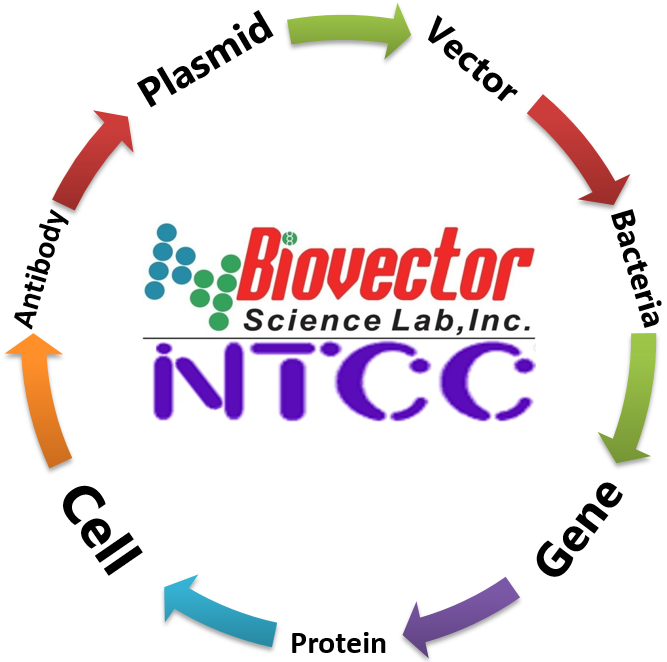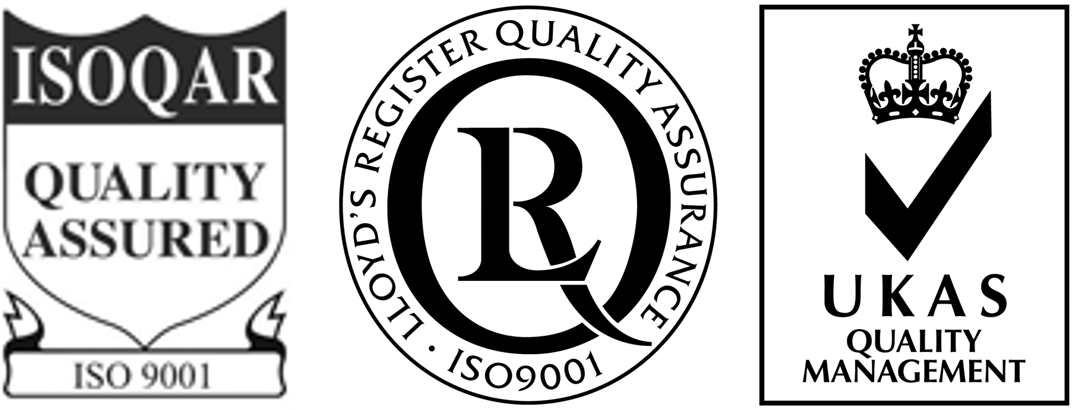Acholeplasma laidlawii PG8萊氏無膽甾原體ATCC 23206 BioVector NTCC質粒載體菌種細胞基因保藏中心
- 價 格:¥99850
- 貨 號:Acholeplasma laidlawii ATCC 23206
- 產 地:北京
- BioVector NTCC典型培養物保藏中心
- 聯系人:Dr.Xu, Biovector NTCC Inc.
電話:400-800-2947 工作QQ:1843439339 (微信同號)
郵件:Biovector@163.com
手機:18901268599
地址:北京
- 已注冊
BioVector? NTCC? Acholeplasma laidlawii PG8萊氏無膽甾原體ATCC 23206
Acholeplasma laidlawii strain PG8 [NCTC 10116, PG8; A] is a whole-genome sequenced bacterial type strain isolated from sewage. This strain is recommended as a test microorganism for USP <63>.
Product category
Bacteria
Strain designation
PG8 [NCTC 10116, PG8; A]
Type strain
Yes
Genome sequenced strain
Yes
Isolation source
Sewage
Applications
Pharmaceutical testing
Quality control
Product format
Freeze-dried
Storage conditions
2°C to 8°C
General
Specific applications
Control strain
Pharmaceutical and Personal Care
Recommended as a test microorganism for EP 2.6.7 Mycoplasmas
Recommended as a test microorganism for USP <63> Mycoplasma Tests
Preceptrol
No
Characteristics
Comments
DNA purified from this strain is available as ATCC 23206D.
Genome sequenced strain
Handling information
Medium
ATCC Medium 243: Mycoplasma medium
Temperature
37°C
Atmosphere
95% Air, 5% CO2
Handling procedure
Follow instructions as suggested for the culturing of Mollicutes:
PROCEDURES FOR PROPAGATING MOLLICUTES:
Open the vial according to the enclosed instructions.
Using a single tube of broth (5 to 6 mL), withdraw approximately 0.5 to 1.0 mL with a Pasteur or 1.0 mL pipette. Rehydrate the entire pellet.
Aseptically transfer this aliquot back into the tube. Mix well.
Make serial dilutions by transferring 0.25 mL from the original tube to a tube containing 2.5 mL. Repeat process by transferring 0.25 mL from the second to a third tube, etc. Dilutions are important, not only for titration purposes, but also to keep culture in varying stages of growth. Many strains will die out rapidly once acid or alkaline conditions are reached. It is recommended to prepare several dilutions from the initial tube as the cryoprotectant used in the freeze-drying process often inhibits growth.
Use an uninoculated tube of broth to serve as a control.
Plates may be inoculated to check colony morphology. You can also spot each dilution on the surface of plate (4 or more/plate) to determine the number of colonyforming units. However, not all strains do well on solid medium.
Incubate all tubes and plates under the recommended conditions and appropriate temperature. The time necessary for growth will vary from strain to strain. Growth on plates generally requires additional incubation.
Depending on the medium used, growth will be indicated by increased turbidity, a color change, or both.
Tubes and plates are incubated in 5% CO2. The incubation temperature is 37°C.
This strain will show turbidity in the first few dilution tubes within 24-48 hours. Additional incubation will be required for colonies to appear on solid medium.
Subsequent, fresh transfers will grow more rapidly than the original culture. This strain produces good turbidity.
Handling notes
Store vials at freezer temperatures until ready to use.
Purified genomic DNA of this strain is available
Supplier來源:BioVector NTCC Inc.
Email: biovector@163.com
Website網址: http://www.biovector.net
- 公告/新聞




